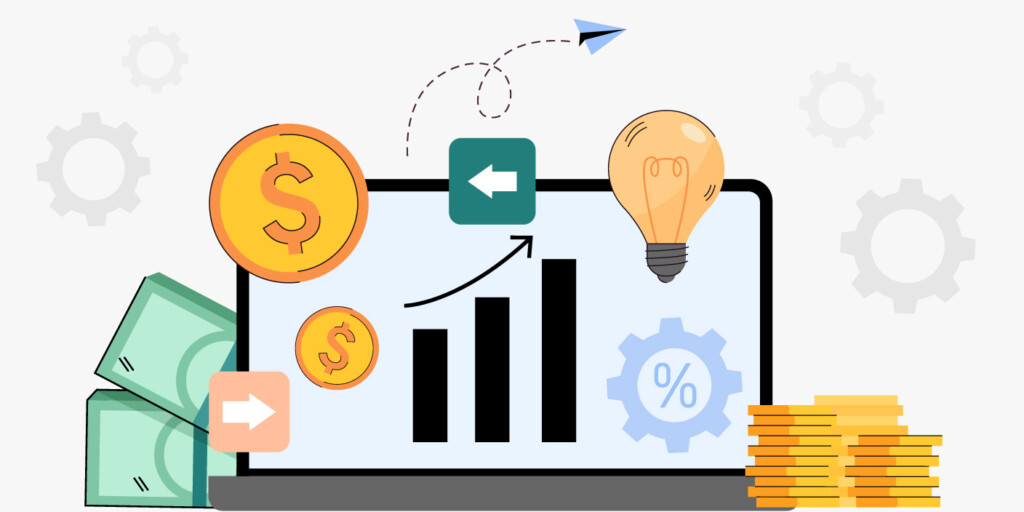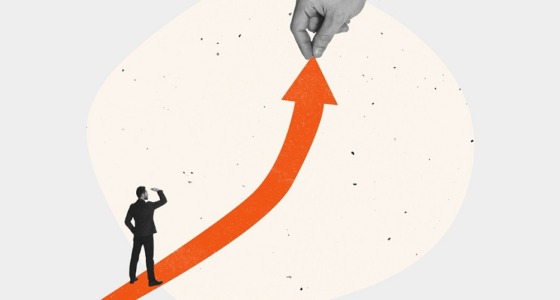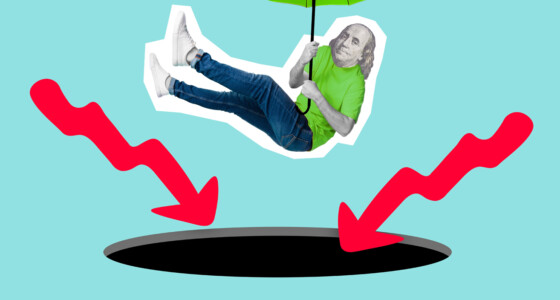

Many famous inventors and artists have credited frustration with inspiring some of their best ideas. One example of this is Thomas Edison. He reportedly said, “I have not failed. I’ve just found 10,000 ways that won’t work.” This persistence in the face of frustration is said to have driven him to find a solution to creating a practical, long-lasting light bulb.
If you’ve found yourself in a frustrating place in your trading journey, you can turn the situation around and come out stronger on the other side.
1. Acknowledge your emotions

“Acknowledge your emotions, understand their impact on your behavior, and find ways to manage them. Emotional intelligence is just as important as technical knowledge in trading,” wrote Dr. Alexander Elder in” Trading for a Living.
Trading can be a highly emotional experience, especially when things are not going well. It is important to acknowledge and accept your feelings, whether they are frustration, anger, or disappointment. By doing so, you can take a step back and assess the situation objectively rather than making impulsive decisions based on emotions.
2. Take a break
When frustration levels become high, it can be helpful to step away from trading for a short period of time. This allows you to clear your mind, recharge, and return with a fresh perspective.
Depending on the individual, a break could mean taking a few hours, a day, or even a week off from trading. During this time, engage in activities that bring you joy and help you relax, such as exercising, reading, or spending time with loved ones.
3. Reflect on your trading habits and practices
When you return from your break, take time to reflect on your trading habits and practices. Consider what may have contributed to your frustration, and think about what changes you can make to improve your results.
Also, consider writing down your thoughts, goals, and action plans in a journal, which can help to keep you accountable and on track.

4. Re-evaluate your trading strategy

Reflect on the strategies and techniques you have been using and determine if they are still relevant or if they need to be adjusted. Consider consulting with a mentor, taking a course, or reading books on trading to learn new strategies and techniques that may be better suited to your goals and market conditions.
5. Set realistic expectations
“Don’t let greed or fear drive your decisions, but instead focus on the long-term goals of your trading plan,” Mark Minervini, professional trader and author of Trade Like a Stock Market Wizard.
One of the biggest contributors to frustration in trading is unrealistic expectations. It is important to understand that no one can consistently predict the market and that there will always be ups and downs. Set realistic expectations for yourself and focus on the process rather than the outcome.
6. Practice mindfulness and mindset management
Trading requires a high level of mental focus and discipline, and it is important to develop healthy mindset habits. Practice mindfulness techniques, such as deep breathing, meditation, or yoga, to help reduce stress and improve focus.
Also, adopt a positive and optimistic mindset, which can help to increase resilience and reduce frustration levels.
7. Seek support

Finally, don’t be afraid to seek support from others when you are feeling frustrated. Surround yourself with supportive friends and family members, or consider joining a trading group or community where you can discuss your experiences and learn from others.
Having a support network can provide a valuable source of encouragement and motivation, which can help you to overcome frustration and achieve success.
In conclusion
Frustration is a common experience for traders, but it can be overcome with a strategic approach. Acknowledge your emotions, take a break, reflect on your habits and practices, re-evaluate your strategy, set realistic expectations, practice mindfulness and mindset management, and seek support.
By following these steps, you can regain confidence, reduce frustration levels, and achieve profit in trading.
Sources:
Learning to observe and accept your emotions, Verywell Mind
How to review your trades effectively, Warrior Trading
7 ways to set realistic expectations for yourself, Psych Central








